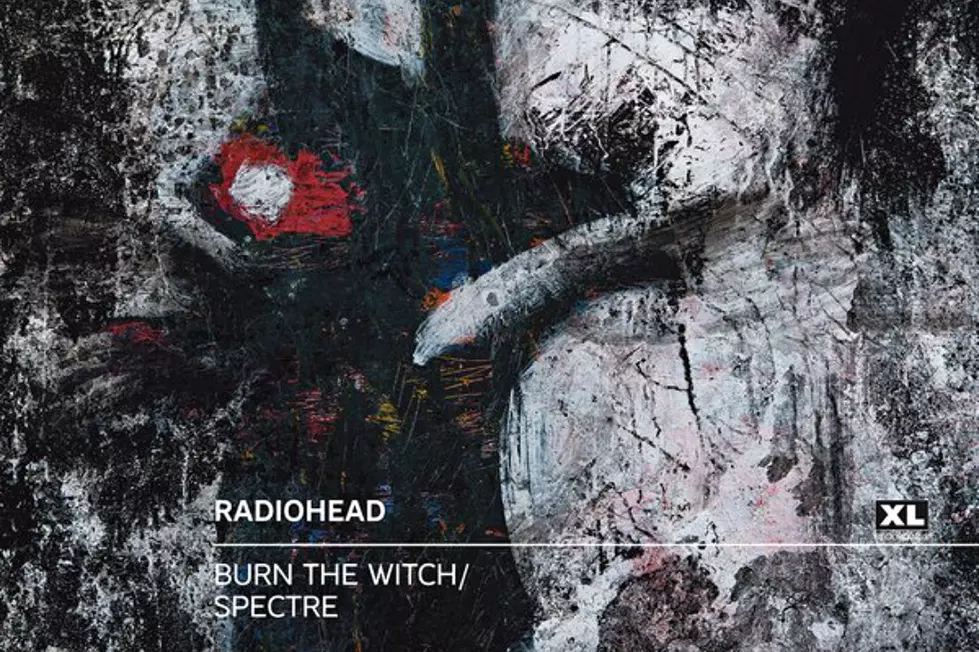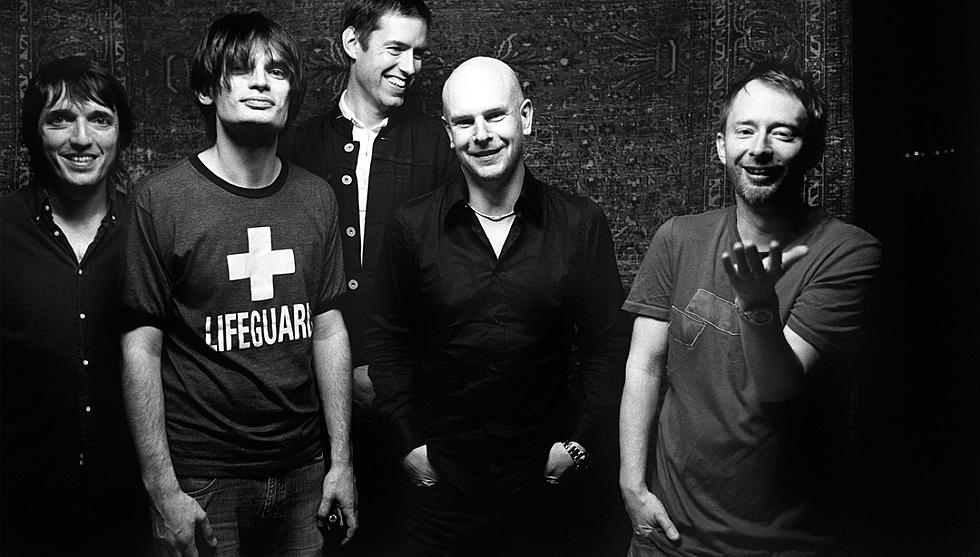
Space Sounds: Here We Go Magic’s Cosmic Shift
When Nigel Godrich, Radiohead’s Grammy-minting producer, hollers with an invite to record an album, well, you start making plans for Nigel. That’s what happened to the Brooklyn indie band Here We Go Magic in late winter of last year, when Godrich, the de facto sixth member of Radiohead, happened to mention that, you know, he had some time. The only problem? The band had no material.
“I started writing in a frenzy, and we started rehearsing every day,” explains singer and founder Luke Temple, 36. “We didn’t really have any new songs, we’d been touring a lot. But this wasn’t an opportunity we were going to pass up.”
Here We Go Magic began as Temple’s solo project, a bedroom-recording outlet for poignant, melodic musings, in evidence on the self-titled debut LP from 2009. Temple later invited a few friends to join him, and the band’s sound flourished on its 2010 LP, Pigeons, and early 2011 release, The January EP. The band is now a quartet, with Michael Block on guitars, Jennifer Turner on bass and Peter Hale on drums.
“With my own stuff, I can make a klezmer record if I want. But once it became a band, it became a band, and a democracy,” says Temple. “There’s a focus, there’s a certain preservation of sensibilities that doesn’t just run amok.”
Another result of the groupthink that defines Here We Go Magic: richness and a hypnotic effect that best characterizes its standout songs. Listen to “Casual,” from the Pigeons LP, or “Song in Three” from January, and you’ll hear simple yet rhythmically addictive elements layered over a pastiche of vocals — Temple here, Turner backing him up there. As a song picks up gravity, new instruments are pulled into orbit—like Godrich’s synth brigades on the new album — and build toward a crescendo. If there’s a dreamy, bedroom vibe to the songs, it’s for a reason: Find something that feels right, and then stick with it until the payoff, right?
Thing is, channeling these orgasms in the presence of a legend wasn’t easy, at first. “Nigel being Nigel was such a detriment for me,” explains Temple. “I put him on such a pedestal that I couldn’t relax. But eventually the idea of him as this superhero went away and you’re just left with this guy — he’s as good as his name precedes him — and then you’re just dealing with this reality, not this idea of who he is.”
Godrich’s influence brought more than just a temporary case of the shakes, though. On A Different Ship, set to drop May 8, the band took a more measured approach, with the negative space in many songs taking center stage and Godrich’s guiding hand bringing thoughtful moments to the fore.
“Historically, we’ve always used density as a tool for our sound, but we were going for more of a spacious thing with this album,” says Temple. “I think it was a reaction to playing so many shows and having so much sound constantly. I really wanted to clear the space a bit. Serendipitously, Nigel also works this way.”
Next to the self-recorded material on albums past, Temple’s otherworldly vocals stand out more on A Different Ship; he takes center stage on tracks like “Over the Ocean,” a rumination on airline travel and the heightened awareness of our own mortality that we experience in a metal tube hurtling through the sky. Instruments are separated more, occupy their space better, with synth stabs and swells joining the persistent guitars and straightforward drums in well-chosen moments. Turner’s backup vocals recall something out of a Stereolab song. You can get lost in the album. And most of the magic, says Temple, happened in Godrich’s lab.
“We only used two of the 17 or 18 songs we initially wrote,” recalls Temple. “All the elements came together perfectly. Sometimes that happens with a song — the narrative, the melody and the rhythm. We strive for that for all songs, but it’s rare that it happens perfectly. There’s an effortlessness to it, the way it comes together. It feels like it was just kind of placed in your brain fully formed.”
Divine intervention or Nigel Godrich? Who knows. Maybe it’s just magic.
(This article originally appeared in the Spring 2012 issue of ANTENNA.)
More From Antenna Mag









